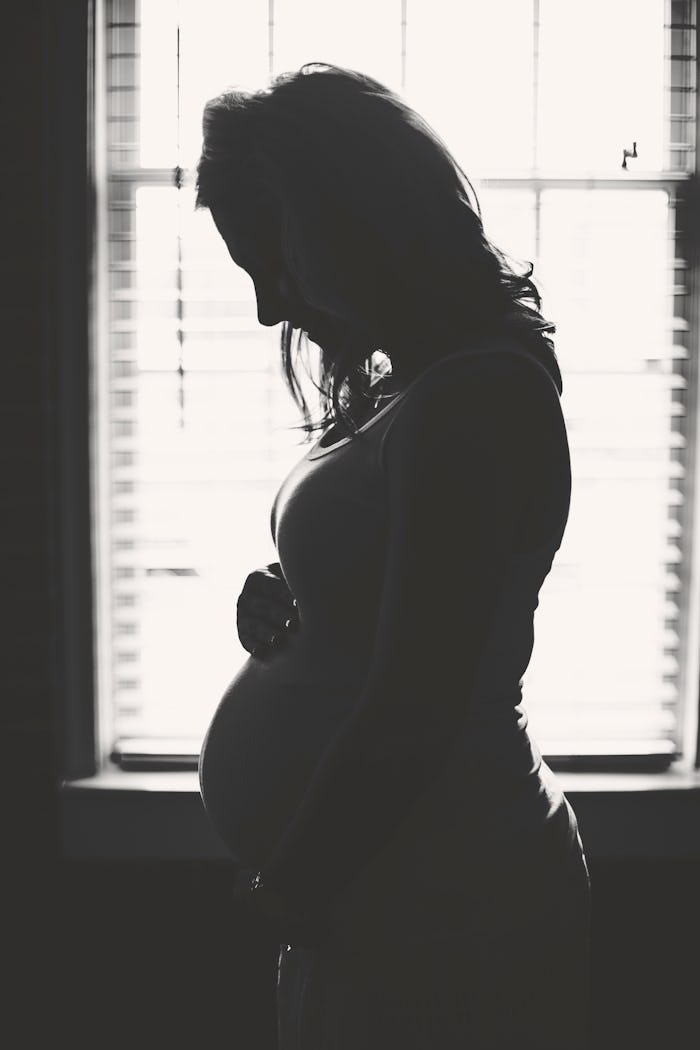Motherhood is hard (insert exaggerated eye roll here). It's hard on a woman physically, of course, but it can be especially hard on a woman emotionally. It's a terrifying thing, being responsible for the life of someone else and simultaneously feeling like you're supposed to be put on the back burner, no end in sight. And yet, there's a societal expectation for moms to be able to do it all with a smile and a side of homemade cupcakes. Well, these maternal mental health statistics can serve as an excellent reminder that we can't do it all, and we really shouldn't be trying to do it all either.
The World Health Organization reports that:
Worldwide about 10% of pregnant women and 13% of women who have just given birth experience a mental disorder, primarily depression. In developing countries this is even higher, i.e. 15.6% during pregnancy and 19.8% after child birth. In severe cases mothers’ suffering might be so severe that they may even commit suicide.
The WHO acknowledged the debilitating nature of mental health disorders for mothers (primarily depression), and the effect these disorders can have on a child's growth and development. If a mom is suffering from depression, it can be difficult for her to take care of her own needs, let alone the needs of her baby.
While postpartum depression is a serious concern for moms, the National Child and Maternal Health Education Program wants to remind expectant moms that depression and anxiety don't necessarily wait until after the baby arrives. While a national survey showed that one in eight women suffer from postpartum depression, the National Institute of Health researchers found that anxiety and depression during pregnancy were common problems for women. Some of the symptoms of depression to watch for are:
- Extremely sad or angry without warning
- Foggy or have trouble completing tasks
- "Robotic," like you are just going through the motions
- Very anxious around the baby and your other children
- Guilty and like you are failing at motherhood
- Unusually irritable or angry
The NIH recommends seeking out a health care provider who can offer counseling for depression, as well as looking into medication to ease symptoms. In addition, they also recommend talking with other moms, making time for yourself, lots of rest, and being realistic.
You don't have to do everything. You don't have to have the 'perfect' home. Just do what you can, and leave the rest.
Obviously, depression and anxiety are not solely related to pregnancy. According to a national survey by the CDC, one out of every 10 women between the ages of 18 to 44 have experienced serious bouts of depression. The CDC reiterated that:
Depression is common. Depression is treatable. If you think you have depression, make an appointment with your health care provider today.
As the statistics show, if you are suffering from depression, you are by no means alone. So give yourself a break and find treatment that works for you.
